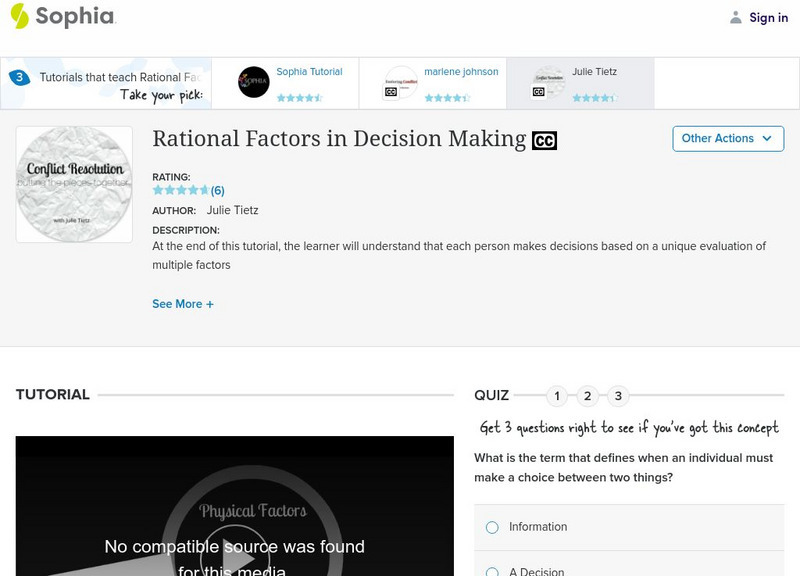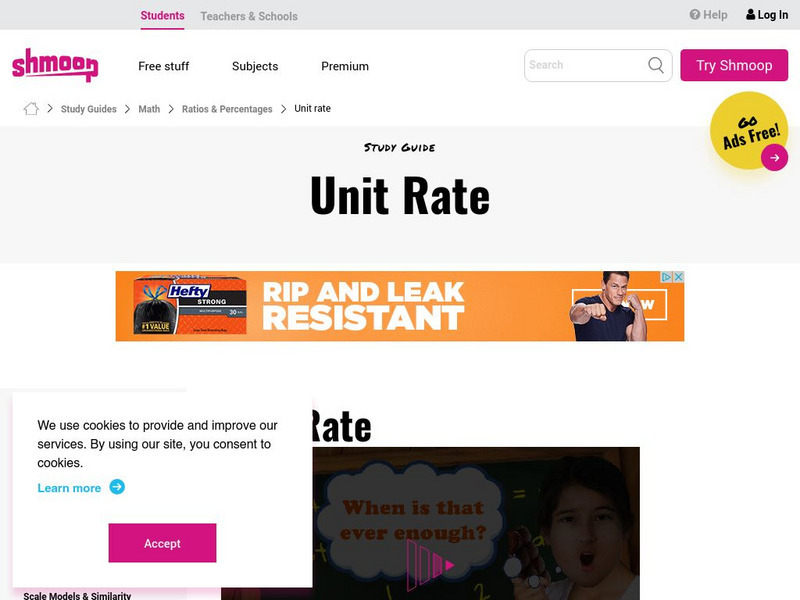Council for Economic Education
Econ Ed Link: Worker Safety the Triangle Fire Legacy
Learners investigate the Triangle Shirtwaist Fire tragedy and how its impact is still felt today. Students identify eerie parallels between the Triangle Fire and more recent workplace events with safety implications. How can future...
Council for Economic Education
Econ Ed Link: There Is Something in the Water
The United States is losing 60,000 acres of wetlands each year. Is this good or bad? Does anyone really want to live in swamps, fens, bogs, and marshes? Or is it better economics to drain the wetlands for other purposes like agricultural...
Council for Economic Education
Econ Ed Link: Professinoal Sports: If You Build It, Will They Come?
Special interest groups are able to have a substantial impact on the political system. Such groups can provide valuable services to individuals and to elected officials. They also can generate substantial benefits to a small minority.
Council for Economic Education
Econ Ed Link: Guess Who's Coming to Dinner
This lesson introduces regulation and information as two tools used by government to promote fair competition and complete information in a market economy. Using the 1906 Pure Food and Drugs Act as a case study, students explore the...
Council for Economic Education
Econ Ed Link: It's a Matter of Power
Students examine tradeoffs and profit- maximization decisions in the case study of Kaiser Aluminum, which decided to shut down aluminum production in favor of reselling electricity.
Council for Economic Education
Econ Ed Link: National Parks: Only You Can Prevent the Coming Crisis
What do you think of when you think of the National Parks System? Do you think of the majesty of the Grand Canyon and the redwoods of Northern California? Or does the serenity of Cape Cod and the Everglades come to mind?
Council for Economic Education
Econ Ed Link: The Economics of Voting
Since the 1960s, many Americans eligible to vote have not bothered to do so- not even in presidential elections. Low rates of participation in voting have been worrisome to people interested in preserving our democratic traditions....
Council for Economic Education
Econ Ed Link: Utility
Can happiness be measured? Students will learn how utility relates to economic decision making and the law of diminishing marginal utility.
Council for Economic Education
Econ Ed Link: Why Cities Provide Tax Breaks
Like the state and federal government, local governments offer tax incentives to businesses to help solve economic and/or environmental problems. In this lesson, students will explore three different cities and determine what incentives...
Council for Economic Education
Econ Ed Link: The Economics of Voting: What Do You Mean My Vote Doesn't Count?
This lesson explores the costs and benefits associated with voting in national elections. Specifically, the concepts of rational apathy, rational ignorance and expressive voting are explained.
Louisiana Department of Education
Louisiana Doe: Louisiana Believes: Social Studies: Grade 3: Technology's Impact on Family Life
This sample task contains a set of primary and authentic sources about technology's impact on family life.
E-learning for Kids
E Learning for Kids: Math: Fashion Store: Fractions and Decimals
On this interactive website students practice various math skills using a real-life scenario by picking out clothing. Those skills include calculating percentages using fractions and calculating the new cost of a product after a...
Sophia Learning
Sophia: Rational Factors in Decision Making: Lesson 1
At the end of this tutorial, the learner will understand that each person makes decisions based on a unique evaluation of multiple factors. It is 1 of 3 in the series titled "Rational Factors in Decision Making:."
ClassFlow
Class Flow: Gnome Homes
[Free Registration/Login Required] Gnome needs a home and you need to fit together four identical cube rooms to come up with as many shapes possible. Go for it. The cost of home enters in too.
Shmoop University
Shmoop: Ratios & Percentages: Unit Rate
Students learn about unit rate. The mathematics resource consists of examples and practice problems with answers.







